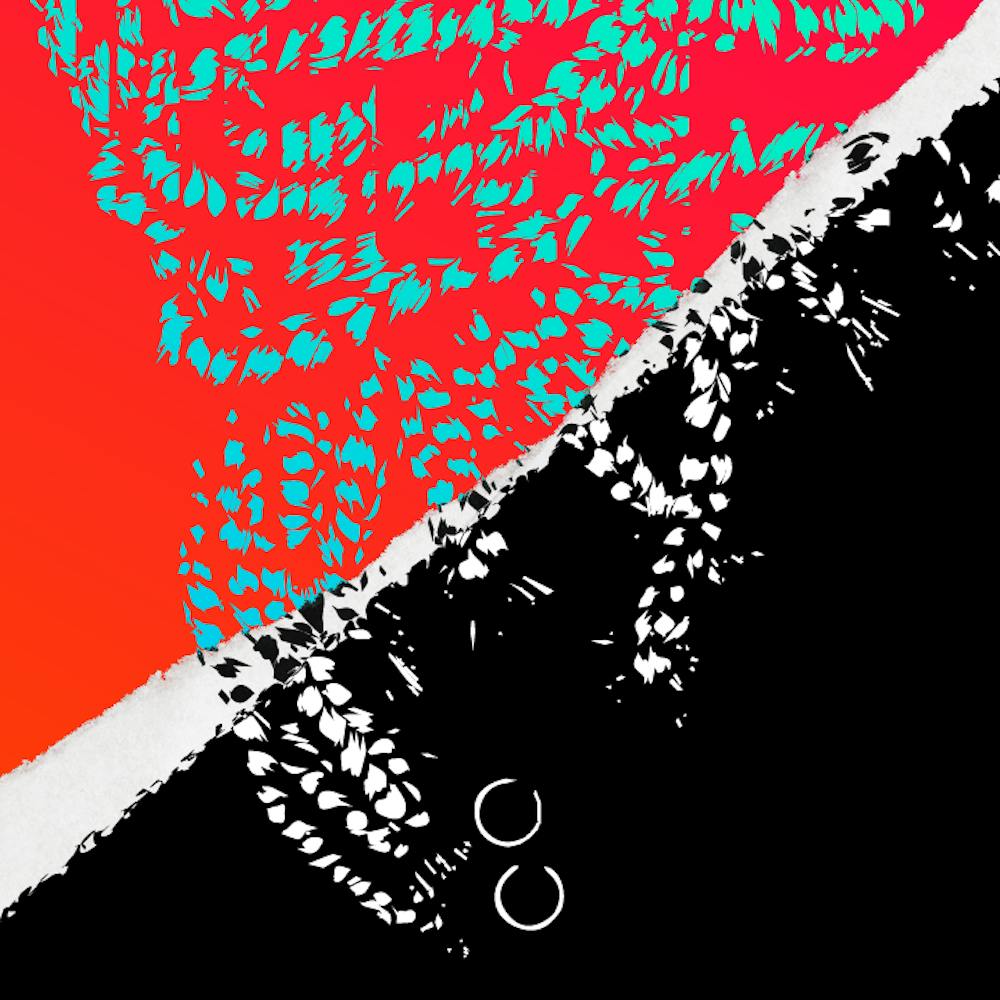“Look, if you are sad, you have to try not to be.”
This line in Candice Carty-Williams’ Queenie, asserted by the protagonist’s Jamaican grandmother early on, encapsulates the mindset of many Black women who feel like they have no choice than to fit into the "Strong Black Woman" mold. Herein lies the idea that showing people your sadness is equivalent to showing them your weakness; and, while white women and POC with lighter skin can be looked at as gentle and more desirable when vulnerable, most brown and dark–skinned Black women aren’t afforded those luxuries.
There's this fairytale of the untouchable, unbreakable Strong Black Woman who remains steady against all adversity. That woman never cries in front of others, nor seems phased by ignorance, and comes to her own defense whenever other people fail to stand up for her. Her problems are hers and so are everyone else's.
Queenie illustrates the titular 25-year-old Jamaican-British woman as she navigates a time of loss and change. She is on a break with her white boyfriend, making failed attempts at her newspaper job to write about the things that matter (read: police brutality and Black Lives Matter), her friends can’t help her manufacture self-love, and her family members have a generational aversion to therapy. She knows she has more body than is deemed ideal, grapples with what she calls her “stuff” (deep childhood trauma that she won’t talk about with anyone), and allows men to abuse her sexually and make derogatory remarks about her body and her skin.
She feels unloved and unwanted. She’s relatable, lonely, and certainly not bulletproof. Regardless of how often she is pressured to fit into this invulnerable stereotype, she cannot ignore her own needs— despite her attempts.
This is not to say that Queenie isn't strong. She shows immense strength again—and—again. The point is that no one is only strong. And yet, the choice to be vulnerable and call on others for help and support, for many darker–skinned Black women is disregarded and disrespected by others. What the strong Black woman trope perpetuates is that Black women are not afforded the basic humanity to feel their own emotions; their health and well—being is not a priority.
There are grave consequences when a Black person is seen as inhuman, and there is an added layer of oppression when that person is a woman. There is yet another layer added when that Black woman is of a darker complexion. This matters on levels aside from personal insecurity. If someone is painted as unbreakable, that means that it can be used to excuse abuse, while sleeping peacefully at night: the justifying line, “Oh she’s so tough, she’ll get through it.”
Black women calling the police asking for help, or going to the hospital for their pain, and then being brushed aside has consistently fatal results. From law enforcement, to education, to healthcare, the system fails Black women. Colorism, misogyny, and racism are working against many Black women every day,—and though it is a self-preservation tool to be strong and tough—Black women deserve to be vulnerable, too.
In giving Queenie the space to share her fears, while thoroughly illustrating how the world is taking that space away from her, Queenie gives Black women a world that sees and validates their emotions. Simultaneously a conversation about race, insecurity, and the stigma around mental health, Candice Carty-Williams's excellent novel gives light to the complexity of Black womanhood and the dangers of believing that unattainable invincibility is better than being vulnerable and human.

